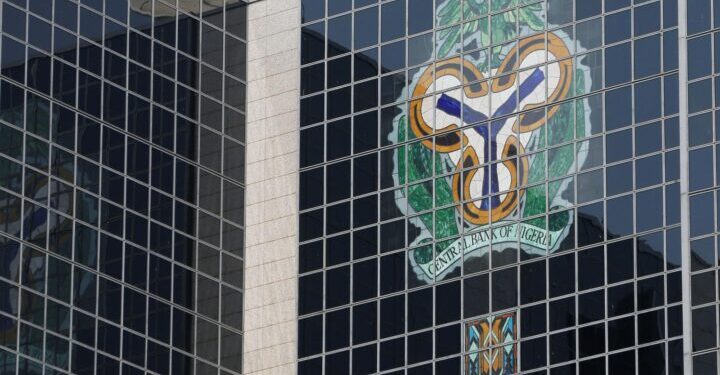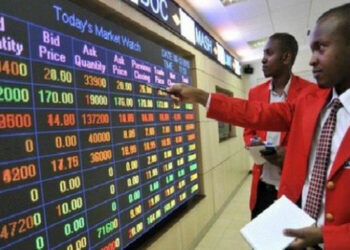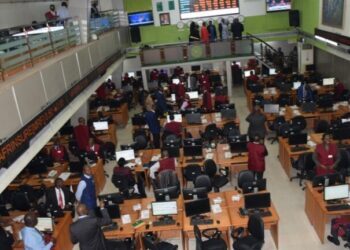The Central Bank of Nigeria (CBN) has approved the launch of the Nigerian naira (cNGN) stablecoin.
The cNGN, which will be launched on February 27, 2024, is powered by the Africa Stablecoin Consortium (ASC), a consortium of Nigerian financial institutions, fintechs, and blockchain experts.
Stablecoins are cryptocurrencies specifically designed to maintain a constant value. They are often pegged or tied to another currency, commodity or financial instrument.
In a statement on its website on Thursday, the ASC said the cNGN stablecoin has met the regulatory standards and requirements as established by the CBN, the Nigerian Securities and Exchange Commission (SEC), and the Nigerian Financial Intelligence Unit (NFIU).
The ASC said it is committed to enhancing secure and compliant financial interactions, revolutionising the way people transact and engage with their money securely and seamlessly.
“This ushers in a new era of financial fluidity, bridging the Nigerian Naira with the global market through blockchain technology,” the statement reads.
“Backed 1:1 by Naira reserves held in designated commercial banks, the cNGN Stablecoin transforms the Naira into a dynamic tool for worldwide remittances, commerce, trade, and investment.
“More than just a currency, cNGN shortens settlement times, enabling payments that traverse the globe swiftly, mirroring the speed of a text message and at a fraction of the cost.
“This breakthrough paves the way for instantaneous financial transactions, seamlessly connecting Nigeria’s vibrant economy with international markets and offering unprecedented efficiency in both domestic and global financial interactions.”
According to the ASC, people can pay for anything, anywhere, and at any time. With a seamless tap, users can shop the world and pay in naira without the traditional challenges of currency conversion and hefty international transaction fees.
The consortium also said “supporting your loved ones back home becomes as simple as a quick tap on your phone” with the new innovation.
“No more standing in lines. With cNGN, funds land directly in their wallets within seconds, ready to fuel their dreams and brighten their days. No more distance, no more delays, just the magic of compliant virtual assets bridging the gap between hearts,” the ASC added.
“Cut out the red tape and sky-high fees of traditional international trade. With cNGN you can send and receive payments across the globe instantly enabling you to transact with national & international partners in any stablecoin currency, fueling economic growth and global success.
“Get paid, anywhere, instantly. Ditch the limitations of location and outdated payment systems. With cNGN, you can freelance for the world, right from your desk in Nigeria. Your talent knows no borders, so why should your income? Skip the bank queues and paperwork.”
The unveiling of the cNGN is coming over two years after digital currency transactions were banned by the apex bank.
In February 2021, CBN directed deposit money banks (DMBs), non-bank financial institutions (NBFIs), and other financial institutions (OFIs) to close accounts of persons or entities involved in cryptocurrency transactions within their systems.
The regulator further warned local financial institutions against dealing in crypto assets or facilitating payments for crypto exchanges, citing money laundering (ML), terrorism financing (TF), cybercrime, and the volatility of cryptocurrencies as reasons for the ban.
However, the apex bank on December 22, 2023, issued fresh operational guidelines on virtual assets service providers (VASPs) to all banks and OFIs — signalling a shift from its initial position which restricts crypto transactions.
VASPs are entities that conduct exchanges between virtual assets (cryptocurrencies) and fiat currencies and transfers of virtual assets.











